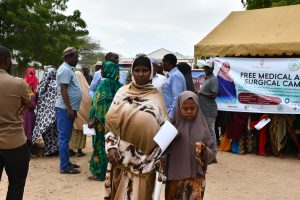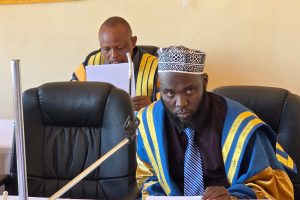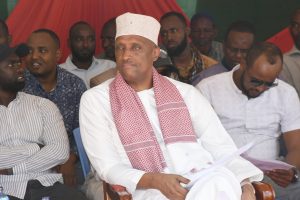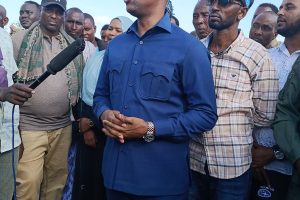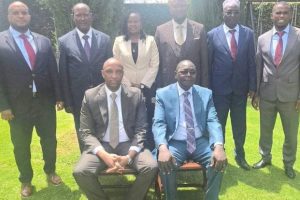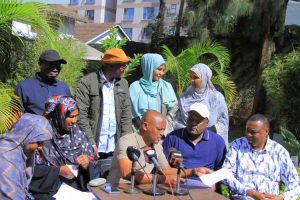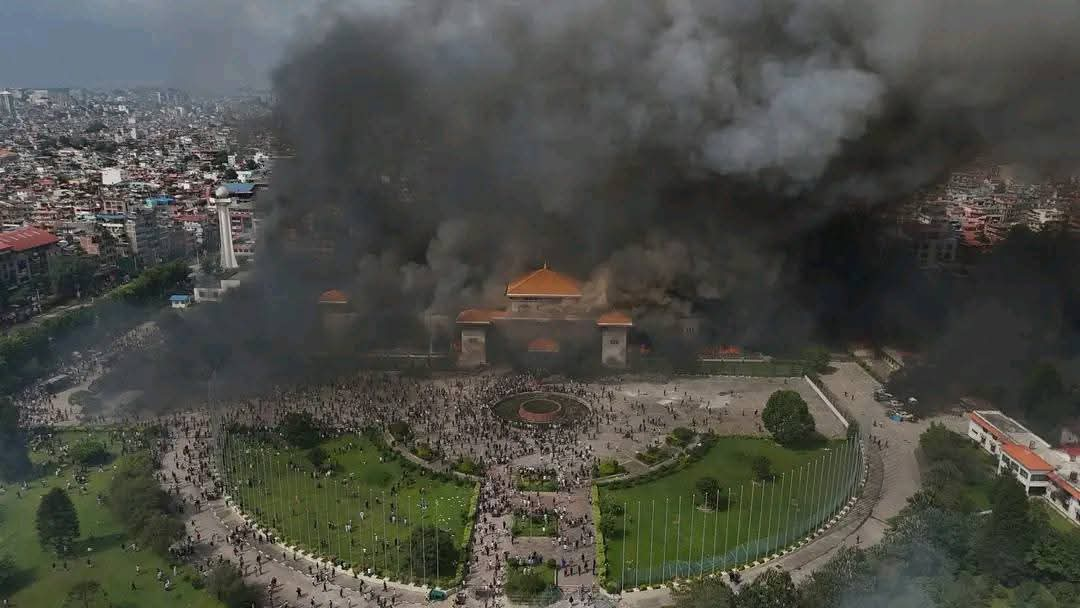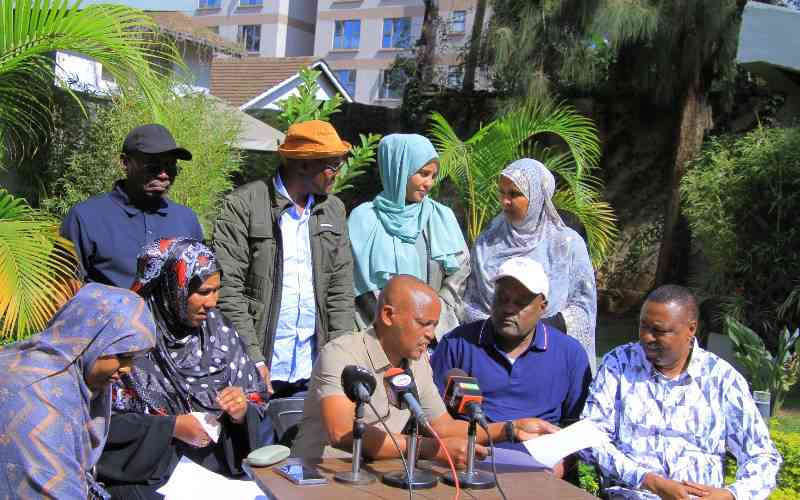In a dramatic political upheaval, Nepal’s Prime Minister K.P. Sharma Oli has resigned amid nationwide anti-corruption protests that have” escalated into deadly clashes. The announcement came Tuesday, just hours after violence in Kathmandu and other cities left at least 21 dead and hundreds injured, marking the worst unrest in decades.
The protests were initially triggered by the government’s ban on 26 social media platforms, including Facebook, Instagram, WhatsApp, and X, citing concerns over misinformation and online fraud. However, critics condemned the move as an attack on free expression. Consequently, Nepal’s youth, particularly Gen Z, mobilized on platforms like TikTok, which remained accessible after government registration mandates. They shared viral videos contrasting their struggles with the lavish lifestyles of political elites’ children, dubbed “nepo kids.” As a result, hashtags such as #NepalGenZProtest quickly gained global attention.
Although the social media ban ignited the protests, they rapidly evolved into a broader movement against systemic corruption and governance failures. Demonstrators carried placards reading “Enough is Enough” and “End to Corruption.” For instance, 26-year-old Satish Mandal told the BBC, “Nepal is being corrupted day by day. In every sector, especially health and education, corruption is increasing. Students are being killed by police. We want the government to stand down.”
The situation turned deadly on Monday, September 8, when security forces used tear gas, rubber bullets, and live ammunition to disperse crowds attempting to storm parliament. Furthermore, curfews failed to contain the unrest. Protesters even set fire to Oli’s private residence in Balkot, Bhaktapur, and vandalized homes of other political figures, including former Prime Minister Sher Bahadur Deuba.
In response, international observers expressed concern. The UN human rights office called for a “prompt and transparent investigation” into allegations of excessive force, while embassies from Australia, Finland, France, Japan, South Korea, the UK, Norway, Germany, and the U.S. urged restraint and protection of fundamental rights.
Facing mounting pressure, 73-year-old Oli resigned in a letter to President Ramchandra Paudel, stating, “In view of the adverse situation in the country, I have resigned effective today to facilitate the solution to the problem and to help resolve it politically in accordance with the constitution.” His resignation followed the exit of key cabinet members, including Home Minister Ramesh Lekhak and Minister for Water Supply Pradeep Yadav, who cited moral grounds amid the crackdown.
Oli, a veteran leader of the Communist Party of Nepal (Unified Marxist Leninist), had been sworn in for his fourth term in July 2024, becoming Nepal’s 14th prime minister since the monarchy’s abolition in 2008. His tenure was marked by political instability, including a 2020 attempt to dissolve the House of Representatives, which was later deemed unconstitutional, and accusations of aligning Nepal closer to China, although no peer-reviewed evidence confirms this.
Moreover, the protests have disrupted daily life, including operations at Kathmandu’s Tribhuvan International Airport, and drawn international scrutiny. Analysts warn that failure to address youth demands and systemic corruption could further erode public trust in Nepal’s constitutional system, already strained by decades of political instability and economic hardship.
With Oli’s resignation, an interim government is expected to form. Meanwhile, protesters continue to demand accountability for the deaths and lasting governance reforms. As hashtags like #NepalGenZProtest and #NepalProtests trend globally, Nepal’s youth have effectively thrust corruption and political accountability onto the international stage.
